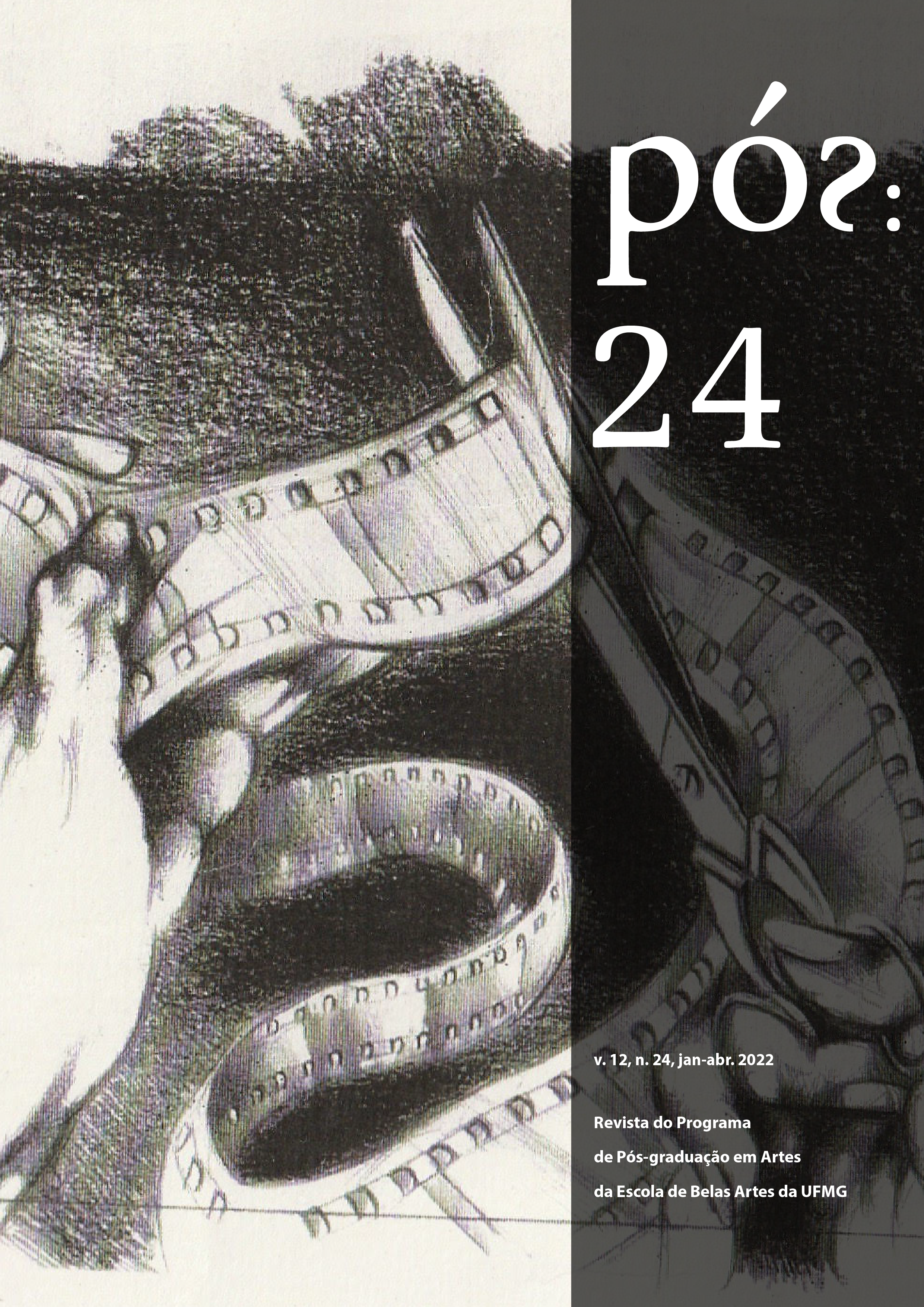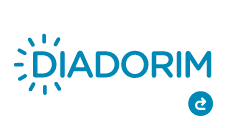Personal is political
analysis of the film O Desafio (Paulo Cesar Saraceni, 1967)
DOI:
https://doi.org/10.35699/2237-5864.2022.36135Keywords:
Gender, Cinema Novo, Paulo Cesar Saraceni.Abstract
This article proposes an analysis of the film O Desafio (Paulo Cesar Saraceni, 1967) connecting it to the Brazilian Cinema Novo movement and to the political and cultural debate of the left in the context established after the civil-military coup of 1964. From a feminist perspective, the article questions how the narrative characterizes the character Ada (Isabella) and her relationship with the protagonist Marcelo (Oduvaldo Vianna Filho).In a decade marked by gender discussions, O Desafio incorporated issues from the private sphere between men and women, relating them to political positions and presenting tensions between the movement for women's liberation and the traditional class struggle in the conception of the left.
References
REFERÊNCIAS
AZEREDO, Ely. Desafio entre amigos. Jornal do Brasil. Rio de Janeiro, 5 maio 1966.
BERNARDET, Jean-Claude. O Desafio: a partir do dia 18 no Picolino e Scala. Artes. São Paulo, jan. 1966.
BERQUÓ, Elza. Arranjos familiares no Brasil: uma visão demográfica. In: SCHWARCZ, Lilia Moritz (org.). História da vida privada no Brasil: contraste da intimidade contemporânea. São Paulo: Companhia das Letras, 2007. p. 412-438.
DAHL, Gustavo. “O Desafio de Saraceni”. A Tribuna. Santos, 29 maio 1966. Recorte de jornal armazenado na Cinemateca Brasileira, pasta do filme O Desafio, folha 257.
DAVIS, Angela. Mulheres, raça e classe. São Paulo: Boitempo, 2016.
ENTREVISTA com Saraceni sobre “O Desafio”. Diário de Notícias. Rio de Janeiro, 7 abr. 1966.
FEDERICI, Silvia. Calibã e a bruxa: mulheres, corpo e acumulação primitiva. São Paulo: Elefante, 2017.
MOTTA, Carlos M. Duplo desafio. O Estado de São Paulo. São Paulo, 25 jun. 1966.
O DESAFIO mudo. Correio da Manhã. Rio de Janeiro, 23 jan. 1966.
PERDIGÃO, Paulo. Ainda “O Desafio”. Diário de Notícias. Rio de Janeiro, 5 maio 1966a. [Recorte de jornal armazenado na Cinemateca Brasileira, pasta do filme O Desafio, folha 225.]
PERDIGÃO, Paulo. O Desafio. Diário de Notícias. Rio de Janeiro, 4 maio 1966b. [Recorte de jornal armazenado na Cinemateca Brasileira, pasta do filme O Desafio, folha 12.]
PINSKY, Carla Bassanezi. Mulheres dos anos dourados. In: DEL PRIORE, Mary (org.). História das Mulheres no Brasil. São Paulo: Contexto, 1997. p. 469-512.
SILVA, Carmen da. O homem e a mulher no mundo moderno. 2. ed. Rio de Janeiro: Civilização Brasileira, 1971.
SOUZA, Gilda de Mello e. Diálogo e imagem n’O Desafio. O Estado de São Paulo. São Paulo, 18 jun.1966.
SPIEWAK, J. J. O Desafio. Diário de São Paulo. São Paulo, 22 maio 1966.
STERNHEIM, Alfredo. “Obra-prima: O Desafio”. O Estado de São Paulo. São Paulo, 22 maio 1966. [Recorte de jornal armazenado na Cinemateca Brasileira, pasta do filme O Desafio, folha 254.]
WOLF, José. “O Desafio” em tempo sem sol. Jornal do Comércio. Rio de Janeiro, 17 abr. 1966.
WOLF, José. Geração Crucificada. Jornal do Comércio. Rio de Janeiro, 24 abr. 1966
Downloads
Published
How to Cite
Issue
Section
License
Copyright (c) 2022 Carolinne Mendes da Silva, Aline Fernandes Carrijo

This work is licensed under a Creative Commons Attribution-NonCommercial 4.0 International License.
Authors who publish in this journal agree to the following terms:
- Authors retain copyright and grant the journal the right of first publication, with the work simultaneously licensed under the a Creative Commons Attribution-NonCommercial 4.0 International License that permits sharing of the work with acknowledgement of authorship and initial publication in this journal;
- Authors are permitted to enter into additional contracts separately, for non-exclusive distribution of the version of the work published in this journal (e.g., the Creative Commons Attribution License).
- Authors are permitted and encouraged to publish and distribute their work online (e.g., in institutional repositories or on their home page) at any point before or during the editorial process, as this may generate productive changes as well as increase the impact and citation of the published work.
- It is the responsibility of the authors to obtain written permission to use in their articles materials protected by copyright law. Revista PÓS is not responsible for copyright breaches made by its contributors.












